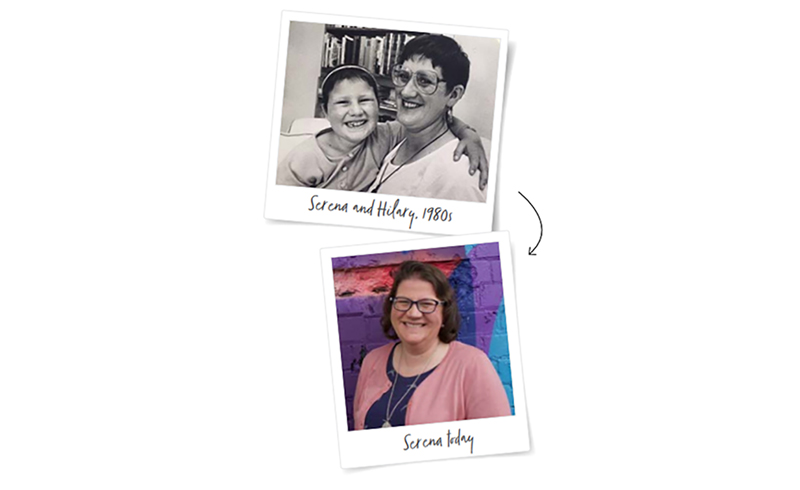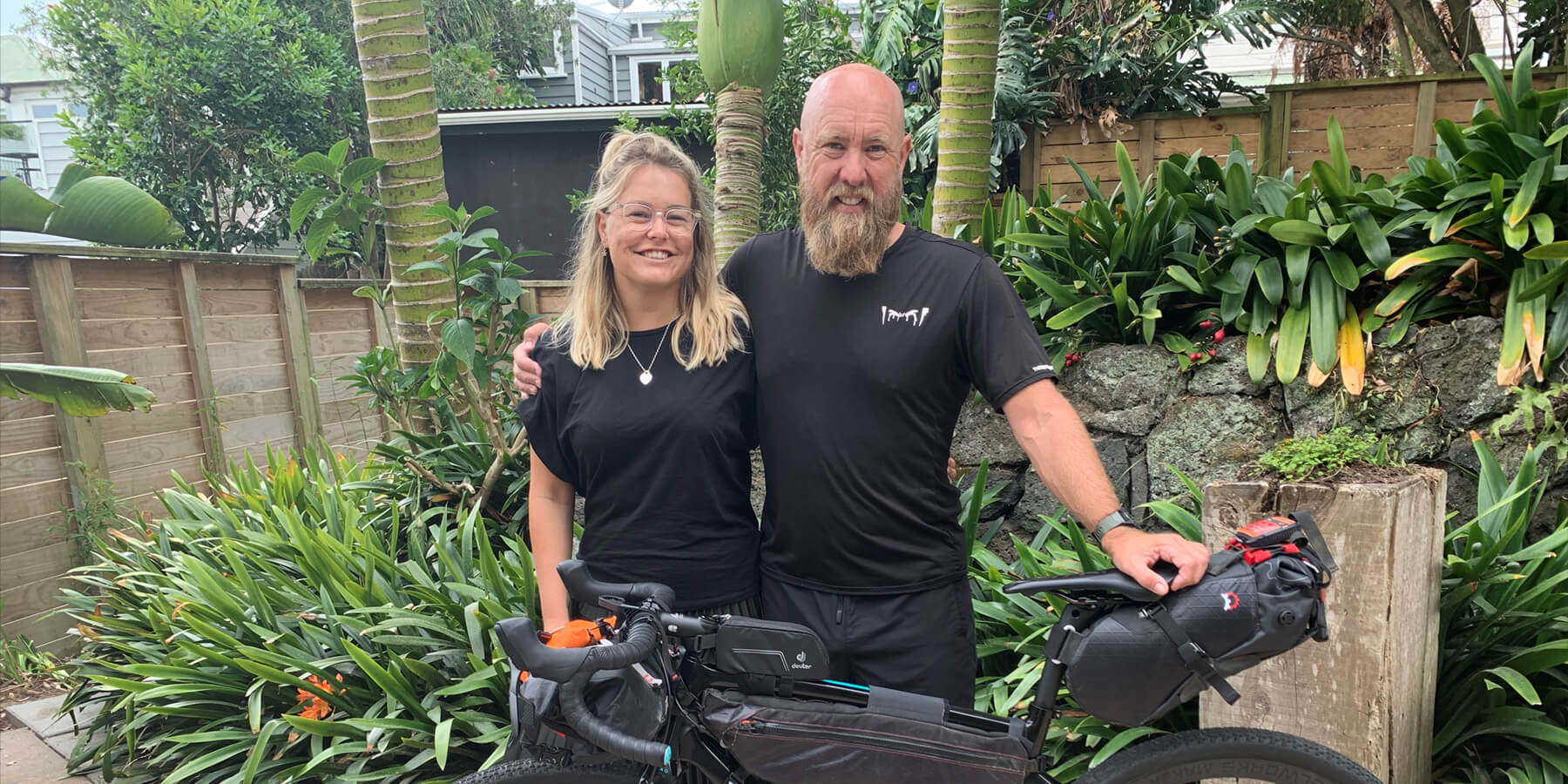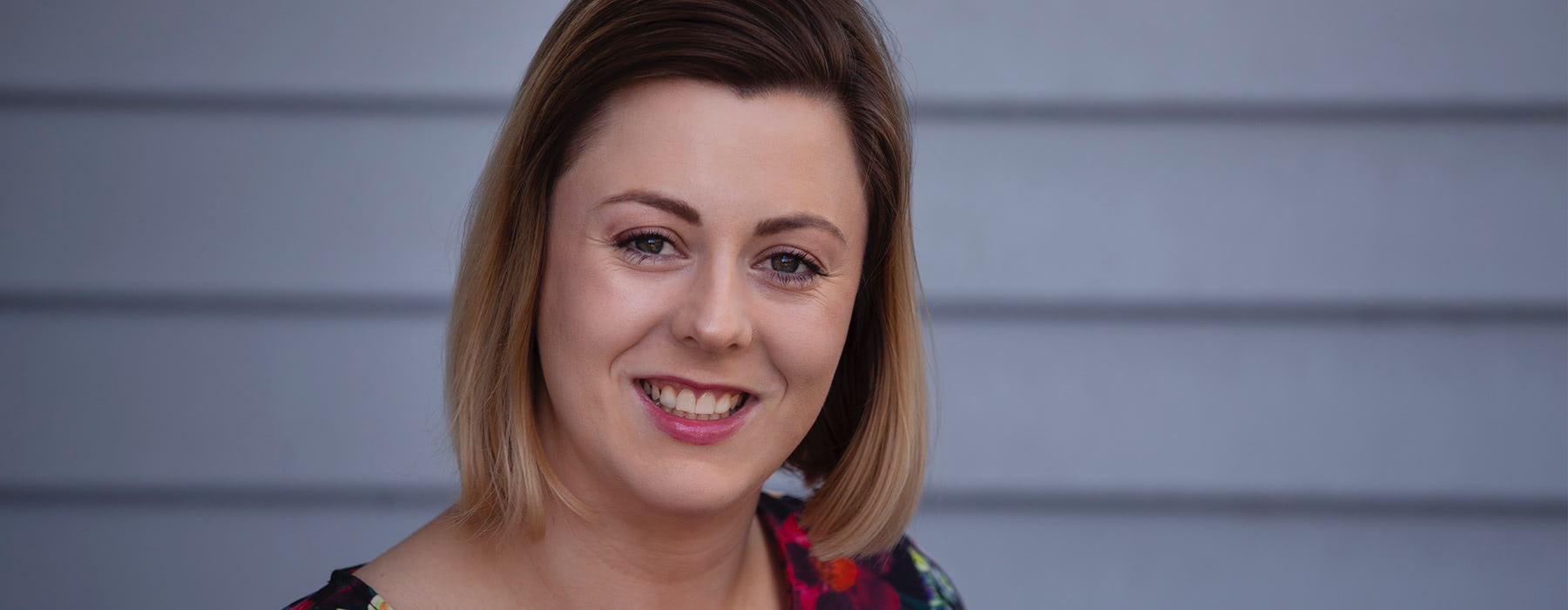Meet Serena
Serena Stace says she would not be the person she is today if she had not had cancer as a child.
After initially training and working as a paediatric oncology nurse, Serena re-trained and now works as an art therapist and counsellor supporting children and adults through grief and loss. “I have deep sense of empathy and compassion, and a need to give back,” she says.
Serena was treated for acute lymphoblastic leukaemia as a six-year-old in the mid-1980s in what she describes as “the old spooky children’s ward” at Wellington Hospital. Serena and her mother, Hilary, recall parents being discouraged from staying on the ward with their sick children, chemotherapy given through cannulas because central venous lines were not yet part of protocols and cranial radiotherapy being undertaken without sedation or anaesthetic.
“Some nurses were very kind, and I think I just decided as a determined six-year-old to grit my teeth and bear it,” says Serena.

The 1980s were a period of major growth in the field of paediatric oncology in New Zealand, making it the first decade in which successful treatment for leukaemia in children became a reality. However, the focus was very much on survival at any cost as little was known about the late effects of childhood cancer. As a consequence, the emotional impact and ongoing trauma of the experience was severe for many families.
At the time, Child Cancer Foundation was a newly formed organisation with local branches starting up across New Zealand. “My group of fellow parents helped establish the Wellington Branch of Child Cancer Foundation,” says Hilary. “Our little hospital-based family support group was very important to me, as we shared experiences beyond the understanding of other families we knew.”
When Serena started out as a paediatric oncology nurse 15 years later it came as a relief when she realised treatment for childhood cancer and support throughout the experience had drastically improved. Unfortunately though, some senior nurses held the view that Serena’s personal experience should be hidden from her patients and their families. After six years on the ward, Serena experienced a burnout that led her to leave nursing behind.
These days, Serena is an art therapist and counsellor who has built a career around supporting children and families through roles at Skylight, the Wellington Cancer Society and, currently, Te Omanga Hospice. “Although my experience of childhood cancer is different to that of children going through treatment today, I think I understand some of the feelings that they have,” she says. “I believe this helps me every day working with children experiencing grief and loss.”
Serena and Hilary have both joined the Child Cancer Foundation Alumni Family with the hope of connecting with other families who had a child go through cancer in the 1980s. “The experience of childhood cancer in this time likely had a profound impact on the people involved,” says Hilary. “From this distance in time, I’m sure many would welcome an opportunity to reflect on the experience.”

